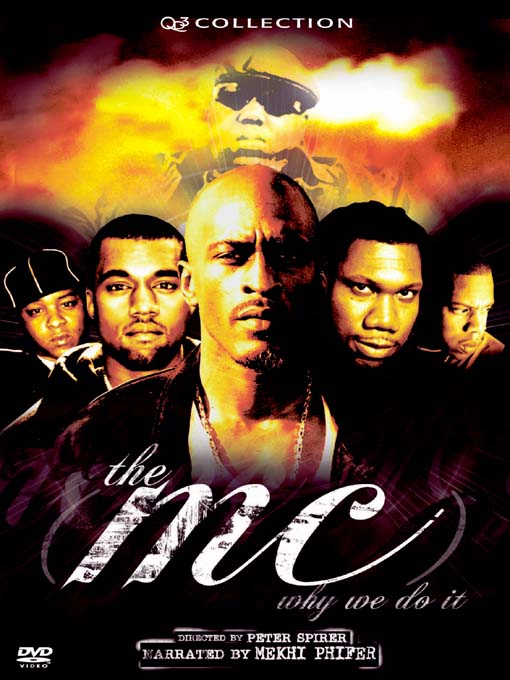
"There is a certain level of guilt to being a rapper like me" - Too Short
So I watched this old documentary last night and I was pleasantly surprised. If you spend a lot of time looking into media about hip-hop you'll find that, first, there isn't much of it, especially on the internet, and second, that most of it touts the same old story.
The classic narrative goes something like this: In the late seventies people in the south Bronx were tired of being poor and hungry so they started DJing and dancing, some guys started leading the crowd and rapping was born. After the song, "The Message", came out, hip-hop became inherently political, forever. Run-DMC and LL Cool J made it popular, Chuck D and the Bomb Squad made it worthy of critical acclaim, and Rakim made it complex. Fast forward to the turn of the century, and somehow hip-hop is dead and people are just rapping about money and hoes. Hip-hop is not longer about the "real" street life.
This movie basically follows this narrative, asking questions like, "what's the deal with profanity?" and "do you have to be black to rap?" If the movie was just the narrator, I would have turned it off in ten minutes. You basically have to ignore everything he says, and the first twenty minutes of the film, where the "history" of hip-hop is recited, are probably the least interesting. The movie, however, is saved, and in a big way, by the staggering volume of interviews done with rappers. These aren't just the classic NPR-worthy rappers like Jay-Z or Black Thought but basically everyone important from East Coast Rap before The College Dropout (with a few big exceptions).
What is so striking about all the raw material here is that although the makers of the documentary attempt to build the traditional view of hip-hop by asking these questions, the content given by rappers is both very various and not necessarily in line with the boring old story. KRS-One probably gets the most screen time, which is both because he's the most charismatic and because he agrees most with the "hip-hop is political and rap is entertainment" view, but even he says interesting stuff: he talks about the power of art to create an artist and even a weird Kierkegaard-like understanding of his relationship with God. But even more interesting are the statements by 50 Cent and Clipse, people hailed by critics but not necessarily seen as conscious by any means. A very relatable Malice even talks about his necklace and what it means to him.
In this vein, the most notable counterpoint to the narration is when the question of "real", comes up. While some rappers criticize people getting away from the "struggle", most of those interviewed (even Talib) eventually give a very strong defense of poetic license, the most notable segment of which is a clip of Beanie Sigel basically defining the word "real" as meaningless.
Other highlights include any appearance of Kanye, who just can't keep himself from giving a much too enthusiastic a cappella rendition of "Spaceship", Jin, who really dates this film, Ghostface, who shows his nerdy side, and DJ Premier, who talks about what he sees as the differences between Nas and Jay-Z. My personal favorite appearances, however, are those of Too Short, who is probably the most down to earth of anyone in the movie, giving us that gem of a quote above. The only real qualms I have with the interviews are the very notable exclusion of any regional rapper other than Too Short. In fact, it seems like the creators demonize Southern Rap to the extent that they show pictures of Birdman every time anything sinister (like conformity) is being talked about.
What's ultimately encouraging and illuminating about the documentary is that those who do espouse the "Hip-Hop used to have MCs and people today are rappers" view are the least relevant to the discussion of post-turn-of-the-century rap. Those who have more of an influence today have their own more realistic ideas about what it means to rap and those ideas umbrella basically into the idea that rapping, like all music, exists to entertain a listener. So if you're interested in what some rappers think about what they do, I would recommend this movie.
The MC: Why We Do It is easily available to watch instantly through Netflix.
No comments:
Post a Comment